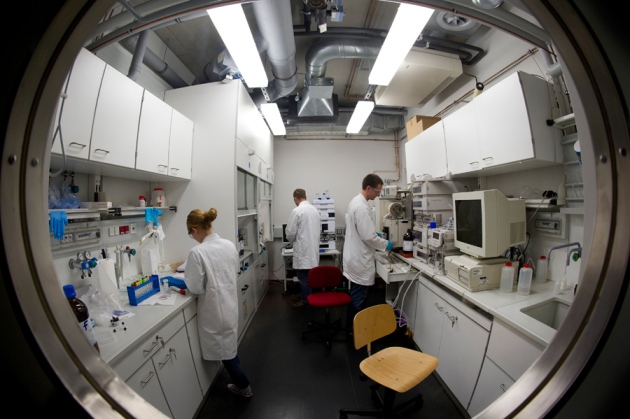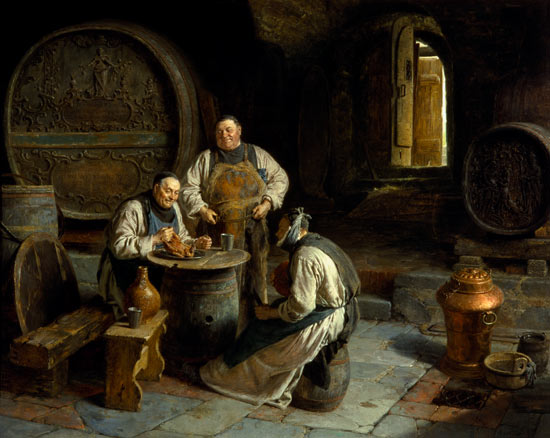Making a truly excellent beer requires either an extraordinary amount of luck or a great amount of attention to many small details.
Most of us aren't that lucky.
I've made "good" beer right from the beginning. But a truly award winning excellent beer that I've repeated wasn't an accident.
I don't sweat the small stuff- but what I consider "small stuff" others might consider nonconsequential or very important.
When you first start brewing, the results are actually not that good and it's not that obvious to the brewer who is a bit proud. Sometimes you get lucky and it's better than average. It takes a little more attention to detail and best practices to do it well. The OCD behavior is more of a choice. Some people just love getting into the gears and talking about it all day and that's part of the fun of the hobby for them (me).
I'm like many others- I really believe that anything worth doing is doing well. I don't make anything or do anything half-assed, not at work or in my personal life. I'm a perfectionist in most ways, and pay attention to detail. Others are far more laid back and relaxed about things like cleaning their house, or cooking, or work, or brewing.
To each his own. I've had great beers from those neurotic engineer types, but not so much from the "aw, a little of this or that and who cares about the details" types. I've judged in local, regional, and national competitions. I've had a LOT of bad beer that the brewers thought was great. They just didn't pick up on the band-aid aroma, the astringency of a certain beer, the fruitiness of a too-high fermentation temperature, etc.
I call it the "ugly baby syndrome". Just like lots of parents coo at their really ugly baby but see it as beautiful, many homebrewers (and pros too, actually) think their beers are better than they are. If someone wins a major competition, then the beers may be better than the average, but I've had a ton of bad beer sent to me over the years that the brewer thought was great.
Conversely, a couple of brewers have sent me beer to help them find the flaws in them- but they were truly excellent beers! Those types are overly critical of their brewing. But most are not. Most think their beers are much better than they actually are.
The thing is, if a brewer is happy with his method and loves the results- who cares? You drink your beer, and I'll drink mine, and we'll all be happy.




























![Craft A Brew - Safale S-04 Dry Yeast - Fermentis - English Ale Dry Yeast - For English and American Ales and Hard Apple Ciders - Ingredients for Home Brewing - Beer Making Supplies - [1 Pack]](https://m.media-amazon.com/images/I/41fVGNh6JfL._SL500_.jpg)


































